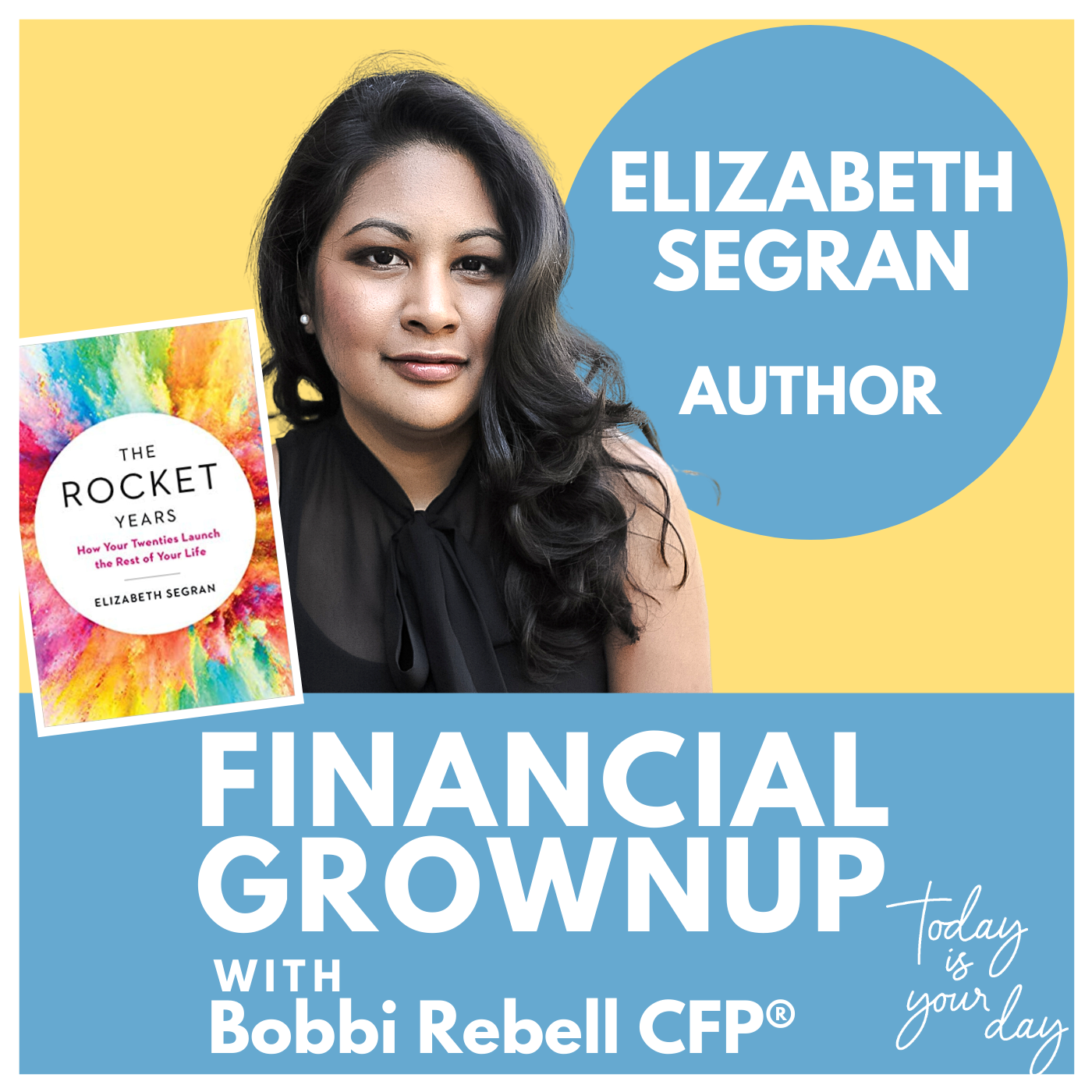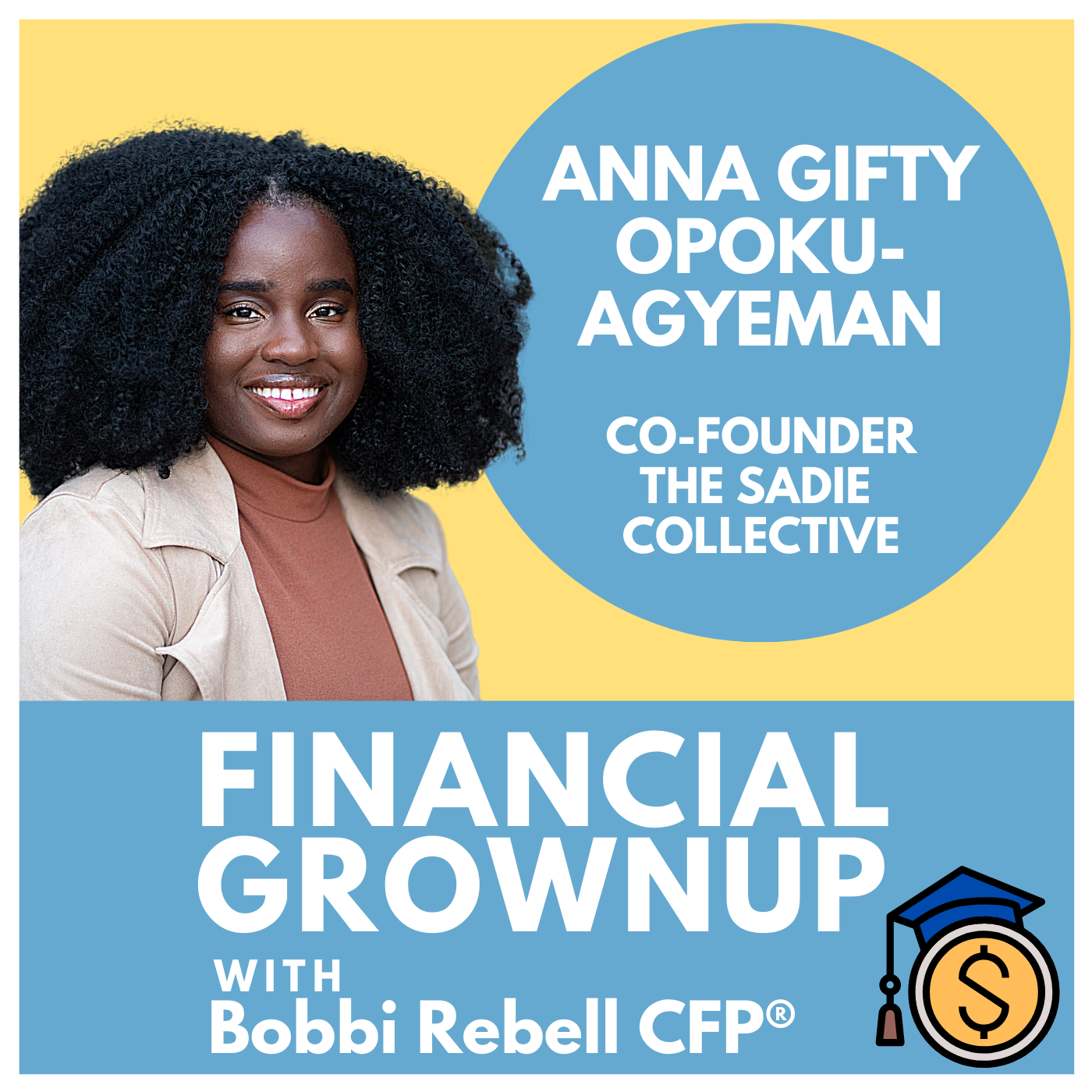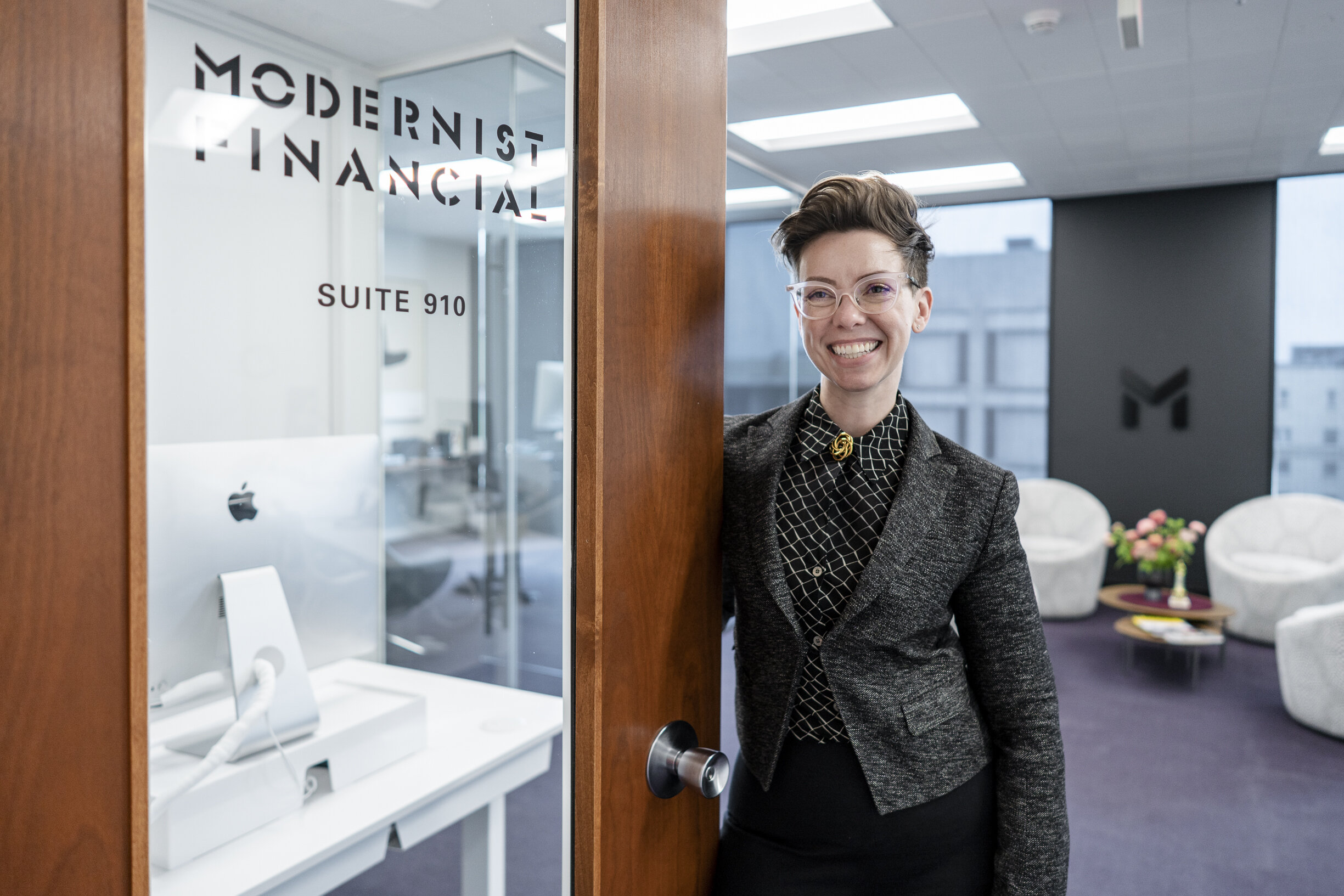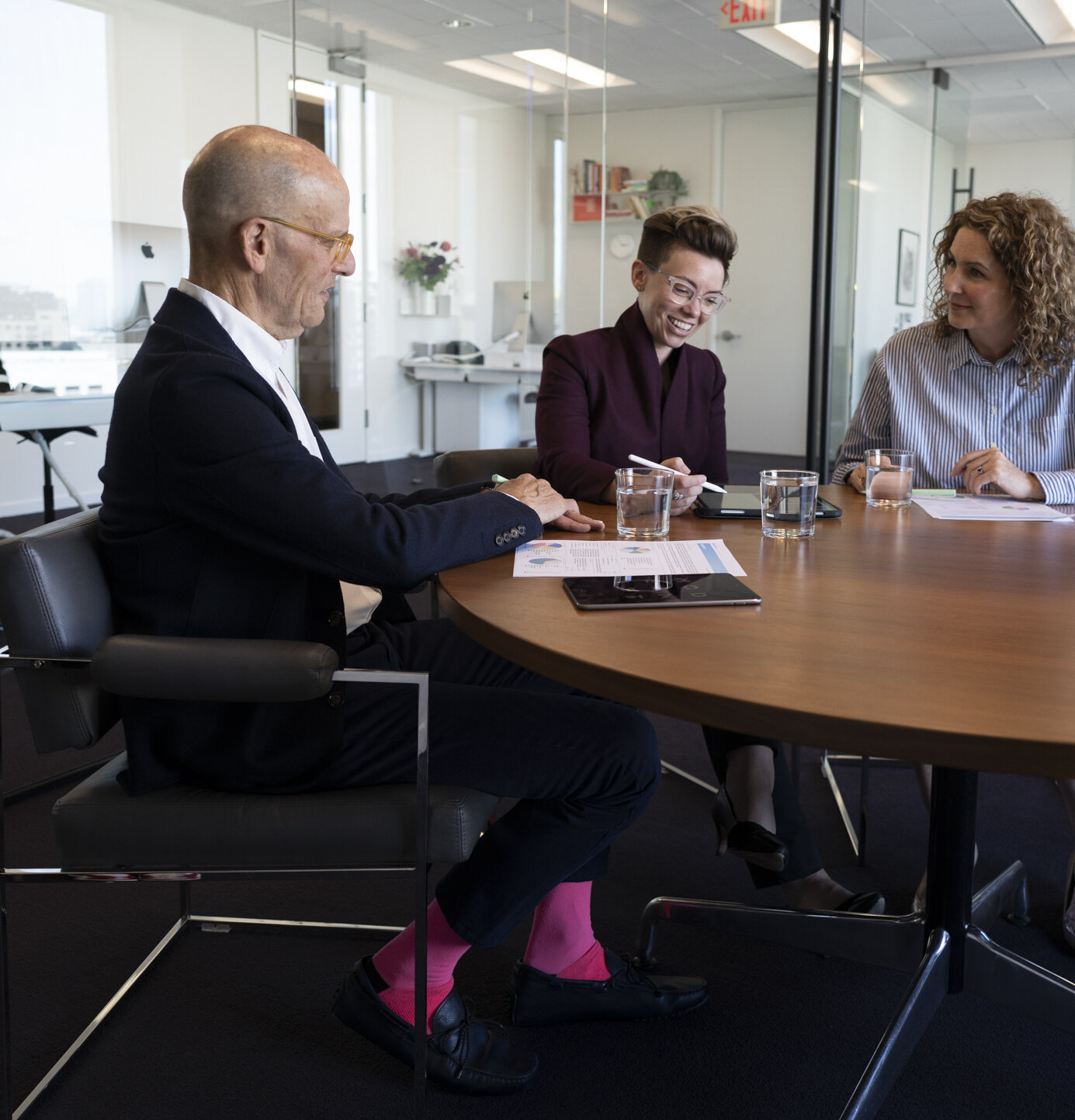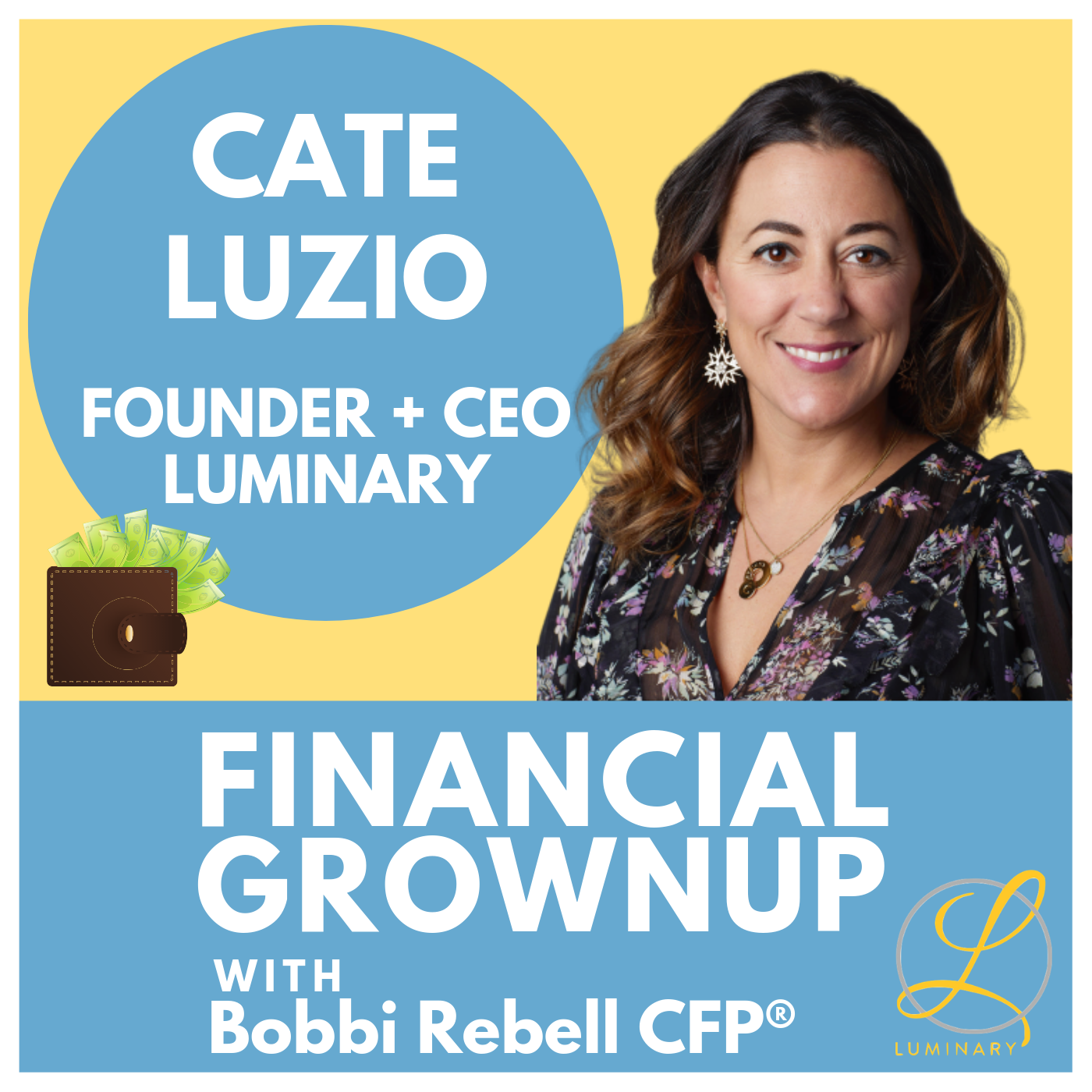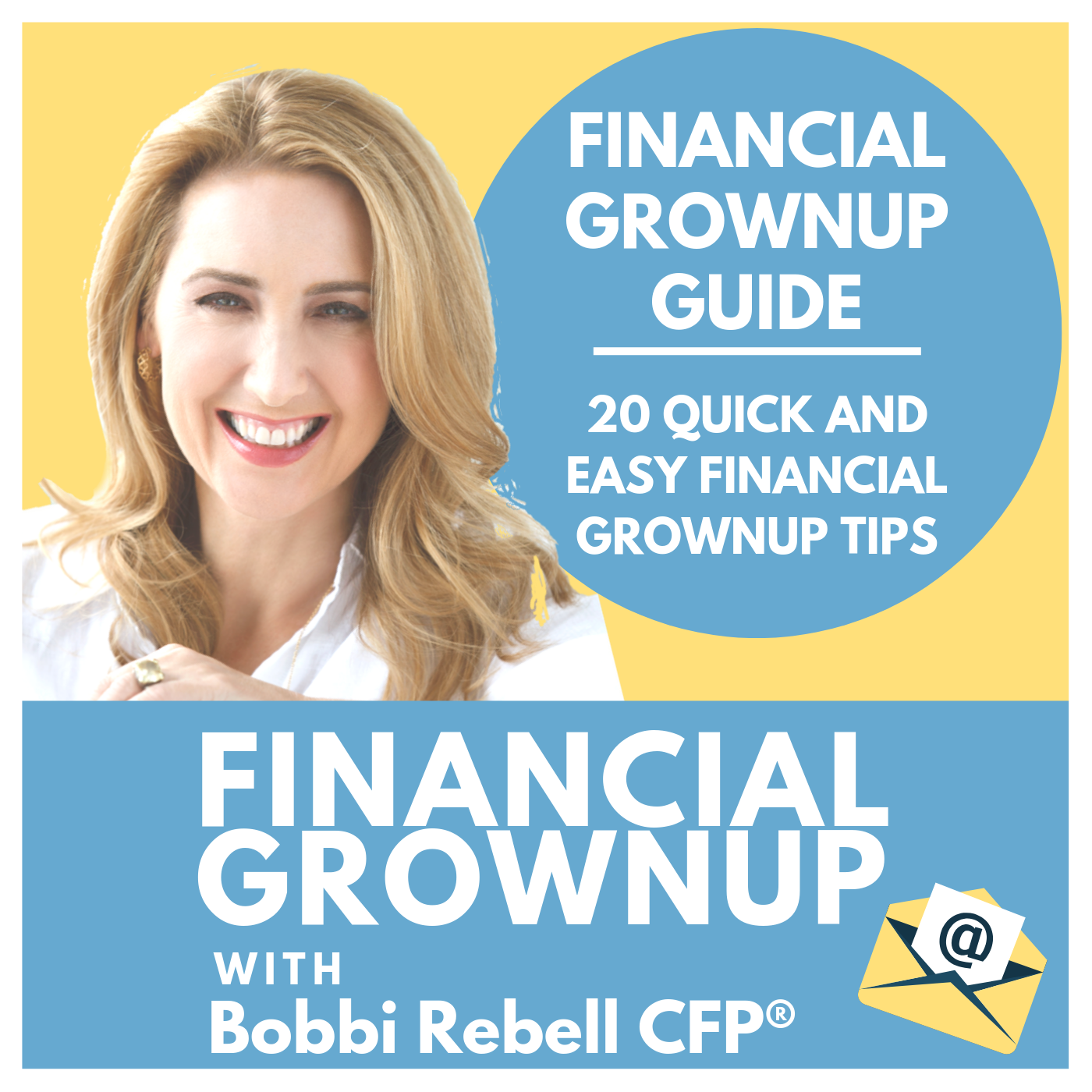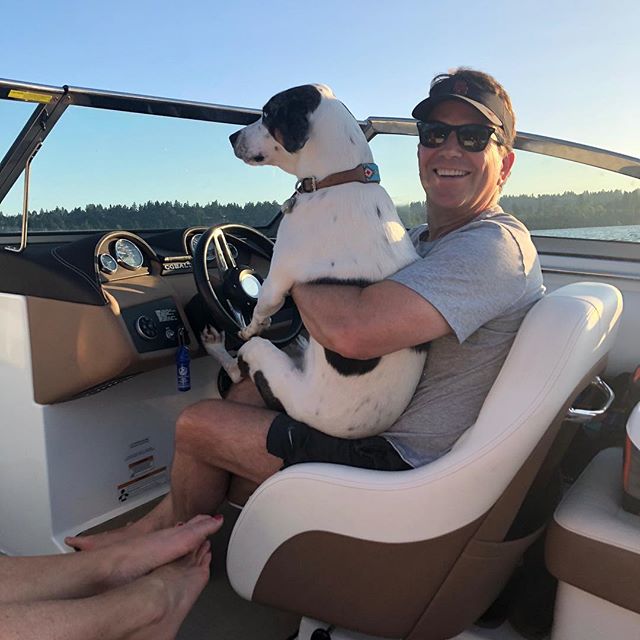Jennifer’s Money Story:
Dr. Jennifer Tsai:
Yeah, it definitely wasn't my goal to open a cold start practice in the start of pandemic. I honestly thought with the year being 2020 it would be good luck to open it with that, but you can never plan for things. I think that was an important lesson, to just always be prepared, especially financially, with working capital, when you go into any business. If we didn't do that, if I didn't do that, we would've been in a different place today.
Dr. Jennifer Tsai:
I think being prepared for that was always important, and being able to work the first couple of years, just seeing how other practices ran their business, really taught me a lot because I paid attention to their maybe downfalls and ways that they were efficient and applied that to my own business model.
Bobbi Rebell:
Now, how did you balance everything? Because you had these plans in place, you were geared up to start this business, then coronavirus hit and you did have other financial things going on you had to balance. You still had student debt, so you had to balance that. Did you take out loans? How did you finance this business and how did you keep going as this pandemic is emerging?
Dr. Jennifer Tsai:
Yeah, I definitely have student debt. Luckily, my undergrad was paid off and I had some scholarships. In terms of medical school and optometry school, it is quite expensive as we all know and we come out of it with a couple hundred thousand dollars with our name. I didn't always have a fear of taking out debt. I understood and I did my research about what the student rates were. I think a lot of people do have a fear of taking out student debt, and when they finish school their immediate goal is to completely pay off their loans because it may seem daunting or scary and they feel that they can't continue to do other things with their money.
Bobbi Rebell:
Right, and it's not that it's bad to pay off the student debt. It's bad if it keeps you from living your life, I guess, is what you're getting at, that you don't start other things until you pay it down completely when you're facing, in your case, six-figure debt.
Dr. Jennifer Tsai:
Yeah. I think that is definitely something that stalls people or holds them back. I think it's important to realize that student debt is not a bad thing. I think people see it as a bad thing. There's definitely a lot of debt that other people have that they don't realize on a day-to-day basis that's actually worse, which is credit card loans that you purchase stuff with. Those interest rates are definitely higher.
Dr. Jennifer Tsai:
Going into that, I definitely saved up enough working capital and I made sure that I refinanced my loans to make sure that I had a lower interest rate. I didn't really let that stop me from chasing my dreams and going after what I really wanted. Initially, I was held a bit back, looking at the cost of how much to start a complete cold start. I was even looking at buying old practices that were definitely a lot cheaper, but also evaluating their P&Ls. Thinking about the whole thing, I realized in the long run, this is a short-term investment for your end goal, which is the more important thing. So I was willing to take that investment, especially on myself. That's what I wanted to focus on.
Bobbi Rebell:
How did things change when you were in the pandemic and you're trying to start this?
Dr. Jennifer Tsai:
Once it was around March, we were gearing up to open. We were finally putting down the finishing touches for the front of the store and then the pandemic happened. I'm in New York City, so when it first happened in March, it definitely was a tough time. It was really scary for us. We knew it was coming from upstate and then all of a sudden it became widespread and immediately everything just shut down. It was like a ghost town. We couldn't even go to the site to really look at the construction because we weren't even allowed to be in proximity with our contractors, so everything just came to a halt. I had to quickly convert to a virtual telehealth visit for my patients, while doing virtual Zoom calls with my architect team. It was just insane. It was an insane time. We couldn't even finish our construction because we had to apply for permitting in order to be able to finish construction during a pandemic.
Dr. Jennifer Tsai:
Finally, around I would say maybe like June or July, they allowed us to go back in to finish construction. Of course, at that point there was delays in manufacturers with their materials, getting it to our store. It was just working around that. I mean, I will tell you, our store still isn't even completely done to this day. I've just learned to live day by day at this point. But luckily, we were able to at least open our doors August 6. I was just really excited to get in there. After four months of not really seeing patients in person, I wanted to be back in there to be able to care for the ones that really needed to see me during that time.
Dr. Jennifer Tsai:
Then I was shocked because we basically, starting from the first day a month and a half ago to now, it's been seeing eight to 10 patients already. Partly, I think it would attribute to probably a little bit of social media, just sharing out there honest, brutal moments that I have and I think it makes it more authentic that people do see where you come from, and also sharing the fact that we're there to provide a space where they feel safe and comfortable, that it's modern and clean. I think that going forward, people really care about their health, patients really do, especially with COVID, that they realize how important their health is and they're willing to invest in that. I am grateful that people have been able to come in.
Bobbi Rebell:
What did you do in advance financially to shore up your finances and made sure you had that runway?
Dr. Jennifer Tsai:
On a bigger scale level I think about it. People are either really trigger happy, or they're really risk adverse. If you're really risk adverse, you'll never take the first step because you're just afraid of all these self-doubts that you have. I think what has helped me is just really creating a strong financial plan and making sure that you have everything checked off for the worst-case scenario in case it happens, because you never know. I think for people who are trigger happy, I think that's one thing that they need to think about. Are there things that could happen, such as a pandemic, that will maybe cause me to not have any cashflow or working capital going into it?
Dr. Jennifer Tsai:
Coming out of school a couple of years later, I realized it doesn't make sense to not refinance my loan so that I could reduce my interest rate and have it all in one place. That has helped me manage my money better. I was working, I would say for the first four years, full-time. Actually, when I first started in two practices, then I went down to one. I hustled, I worked really hard to save money. I didn't put it all into paying off my loans. I used it to save up money, invest on the side, so I had a better cash flow and working capital because I knew that I wanted to start my own practice at that point in time. I just knew that I needed money saved up to do that.
Dr. Jennifer Tsai:
Starting lean when you start a practice is really important and only purchasing things when you need it. It has to justify. If you buy a piece of equipment, how many times do you have to perform the procedure to make the money back, thinking about that, cutting back on vendor purchases or offering more of a curated product of frame line. I think these days, patients prefer that one-on-one time, that one-on-one experience to feel like they've had an amazing experience at the store. You don't have to purchase a million things that don't get bought, instead focusing on limited product lines and setting aside cash reserves to pay bills and reducing your overhead capital expenditures and working with your vendors and landlord, if it's possible, if they're willing to negotiate with you.
Jennifer’s Money Lesson:
Dr. Jennifer Tsai:
I would say, little by little, a little becomes a lot. These little steps that you set in place for the long road is really important. One of the things for me is making sure that you have your financial steps in place. At least for me, that was refinancing my student loans, that was the very first step. For example, I use Laurel Road. Right now, I think federal interest rates are so low it's silly to not take advantage of that. It's great to have this digital lending platform that is built for specifically young professionals in healthcare as well to work towards their goals. There's definitely perks and rewards that they have for healthcare professionals. Refinancing definitely helps you with savings over time, and that's how you can use working capital to invest towards your future or your dream practice or something that you want to build.
Bobbi Rebell:
Right, and it's also going to help your credit score to have all of your finances in order, obviously, which is going to help if you do need to get more funding, especially if you get these unexpected things like a pandemic and you need to access maybe more capital, more time to pay loans and better rates than you maybe thought before.
Dr. Jennifer Tsai:
Right, exactly. I agree.
Jennifer’s Money Tip:
Dr. Jennifer Tsai:
Yeah, shiny object syndrome is definitely a public enemy if you go down this rabbit hole of just purchasing everything you find. They're really good at it with marketing, you're just sitting at home, scrolling through your phone on social media and there's something that you want. I remember when I first graduated out of school, with my first paycheck living in New York City, the first thing I decided to buy was a Chanel bag. That was the worst decision I ever made. I could not pay rent the next month. I learned really, really quickly to not do that. I think that was because of Sex and the City. I was like, "Oh my gosh, this is so cool living in New York."
Dr. Jennifer Tsai:
But I think learning stuff like that is really important. You don't have to have every single piece of brand new state-of-the-art technology in your office. I know you want it for your patients and for your store, but you want to start off very lean so that your savings don't get sucked dry so fast.
Bobbi Rebell:
Yeah, and I think that makes sense. I mean, I was upset because the style that I wanted on your eyeglasses store was sold out, but you kept your inventory tight so you're living true to that. You don't want to buy so much inventory that you're holding on to inventory. You're starting out your business lean.
Bobbi’s Financial Grownup Tips:
Financial Grownup Tip #1:
Take your time. I was so frustrated that the glasses I wanted to order it were sold out on her online store, Carrot Eyewear, but Dr. Jen explained that she needed to control her risk exposure by keeping inventories lean, even if that meant losing out on some sales, like to me. Yes, it may slow the pace of the retail business growth, but when the pandemic hit, she wasn't over leveraged. Patience pays. Think about how you can buy just what you need so you don't feel stretched and stressed.
Financial Grownup Tip #2:
Paying down debt is all good, but as we have learned in the past eight or nine months, well, it shouldn't be at the expense of having enough cash on hand to manage through something totally unexpected, like a global pandemic. Don't miss any payments, be mindful, think about how you can refinance maybe at a lower rate as Jen did, especially with our still super low interest rates, but also do the other things to build your life and keep living.
Episode Links:
Follow Jennifer!
Some of the links in this post are affiliate links. This means if you click on the link and purchase the item, I will receive an affiliate commission at no extra cost to you. All opinions remain my own.











